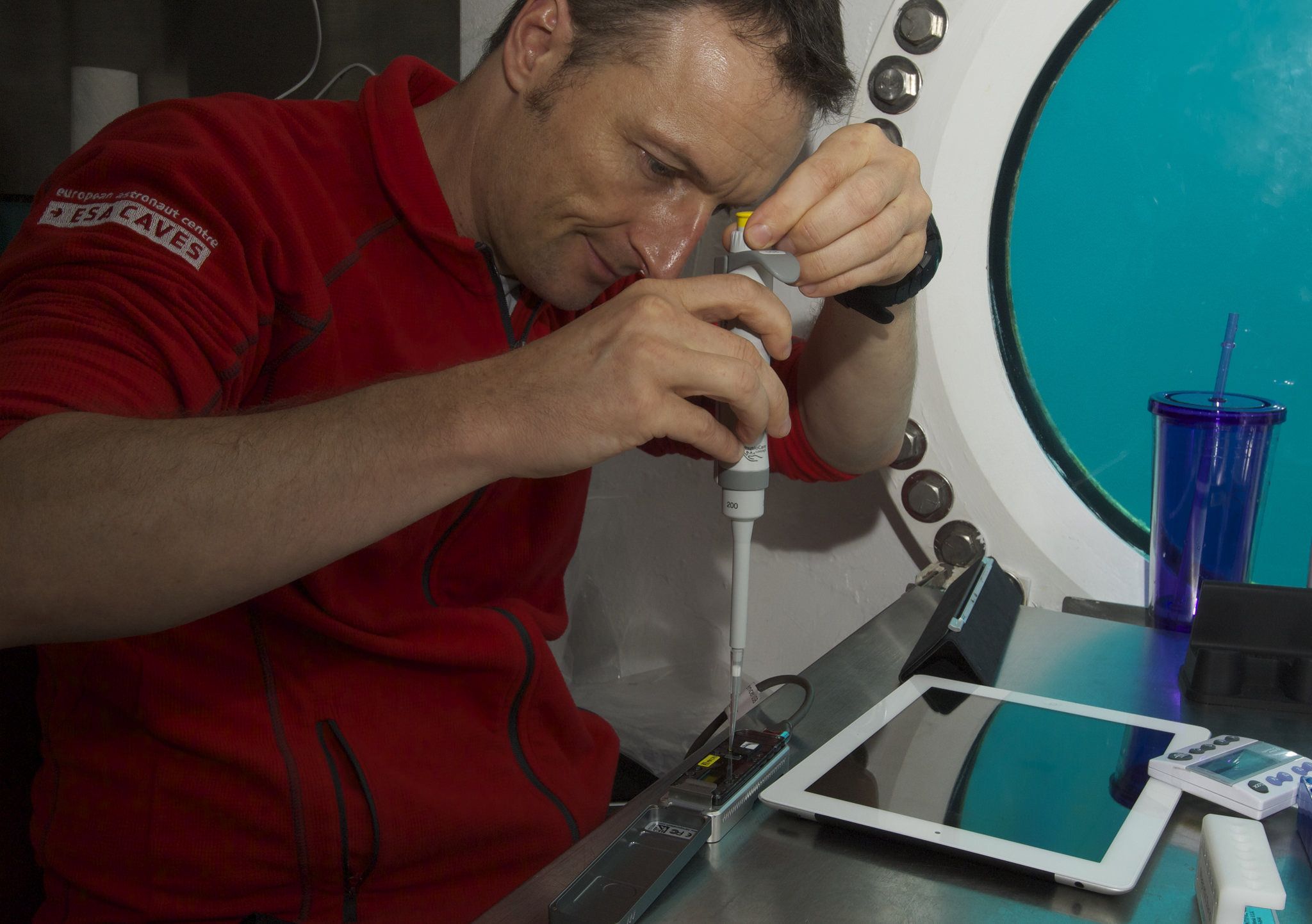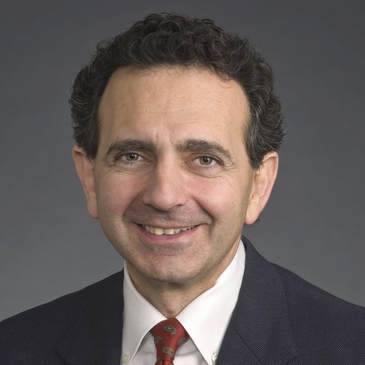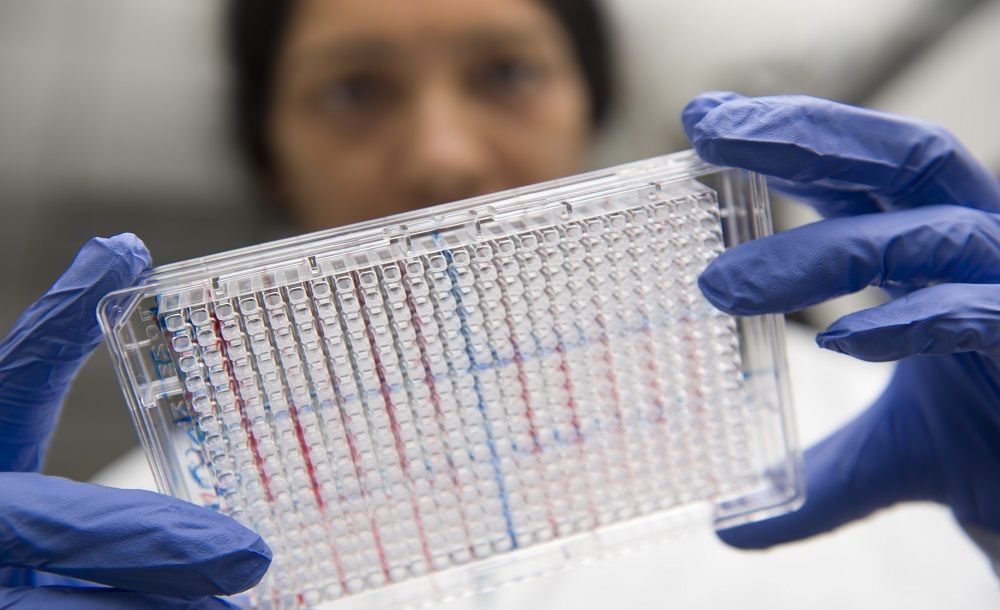It’s been a fruitful month in the fields of life extension and medical science. Here’s an executive summary of the January reports on longevity science, life-extension treatments, telomeres, Alzheimer’s disease and various medical advances.
In brief: An executive summary of the January reports on longevity science, life-extension treatments, telomeres, Alzheimer’s disease and various medical advances. [This article first appeared on the website LongevityFacts.com. Author: Brady Hartman. ]
It’s been a fruitful month, with advancements in life-extension treatments, longevity science, telomere dynamics, dementia and various medical advances.
Here’s a look back at the 23 reports of the past month.







